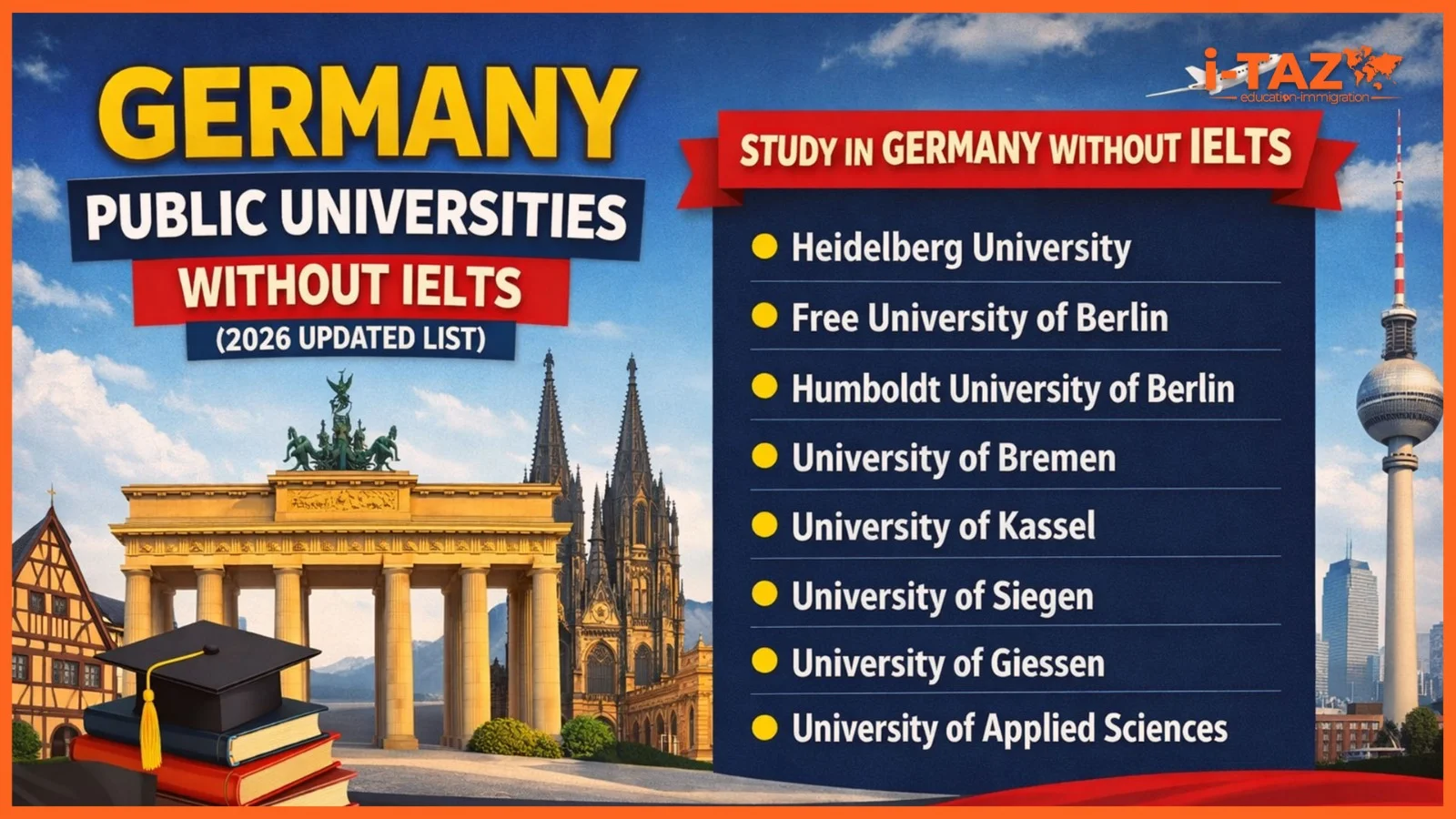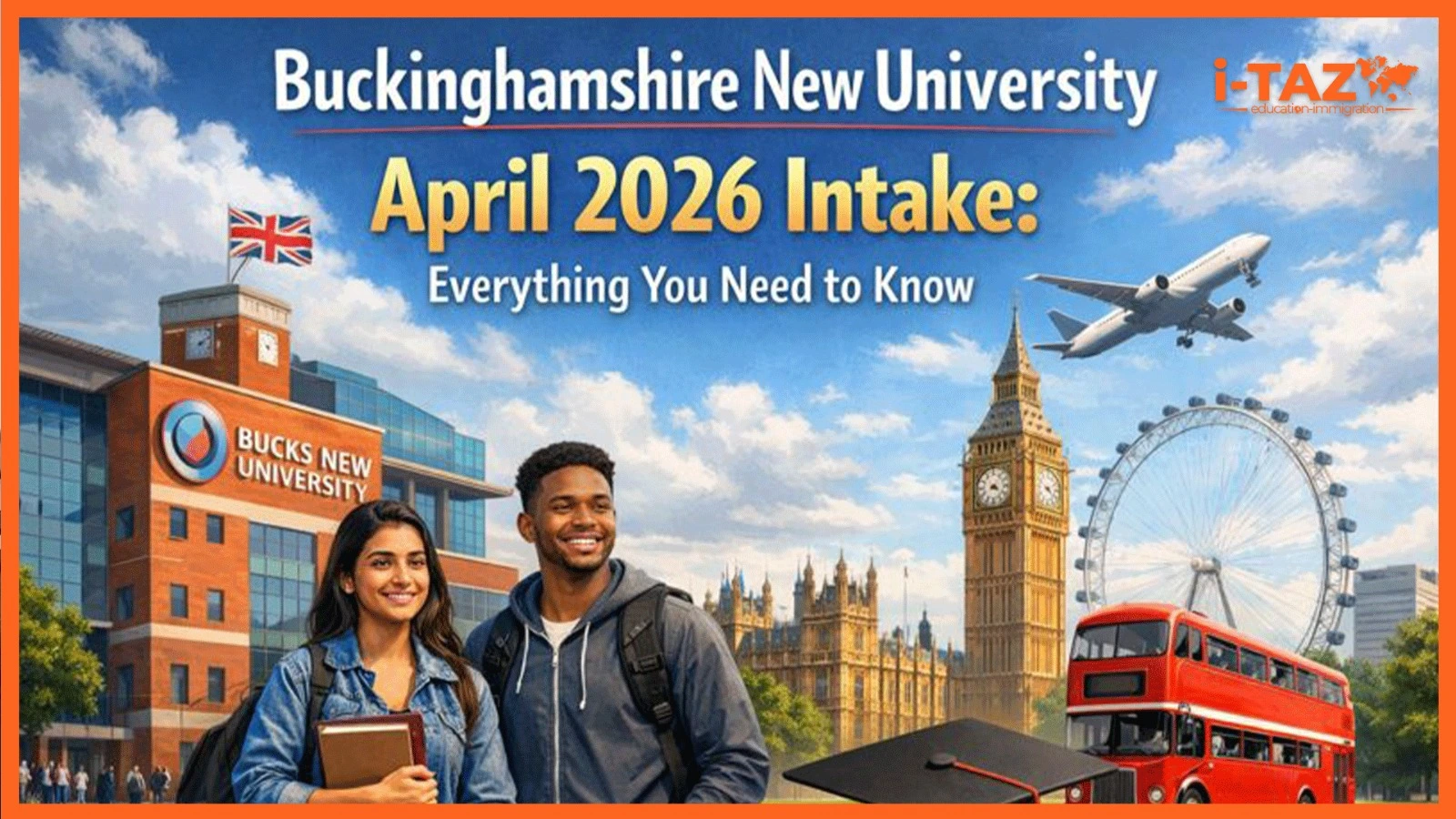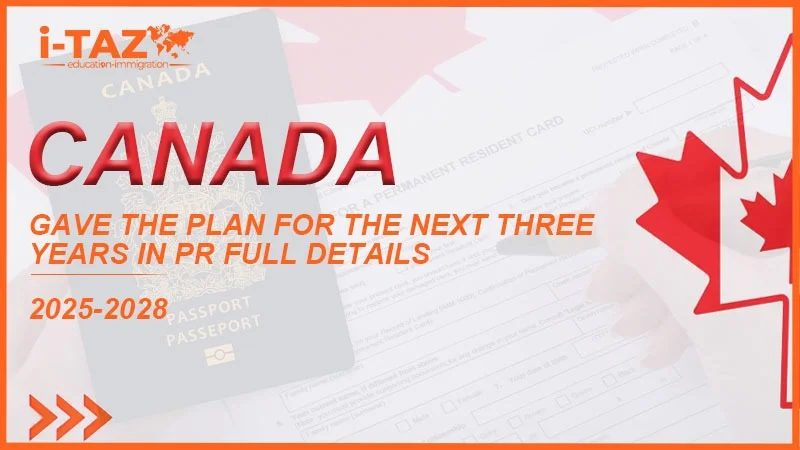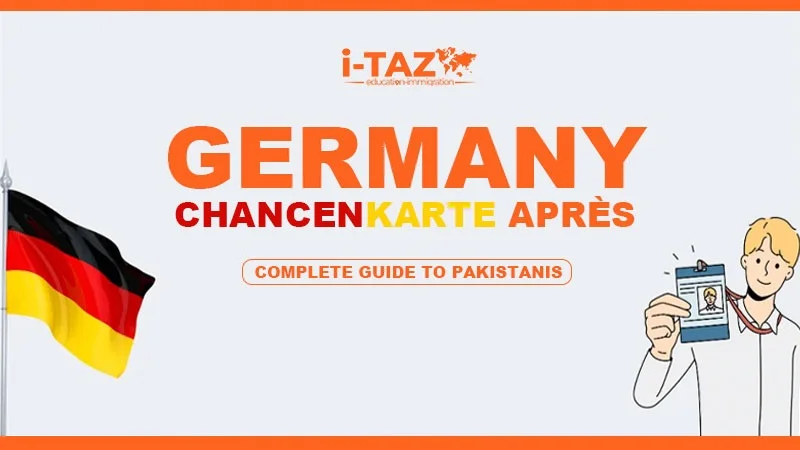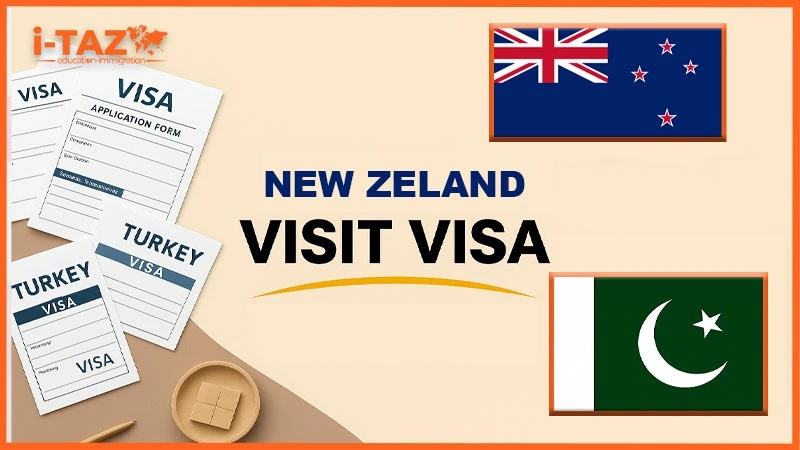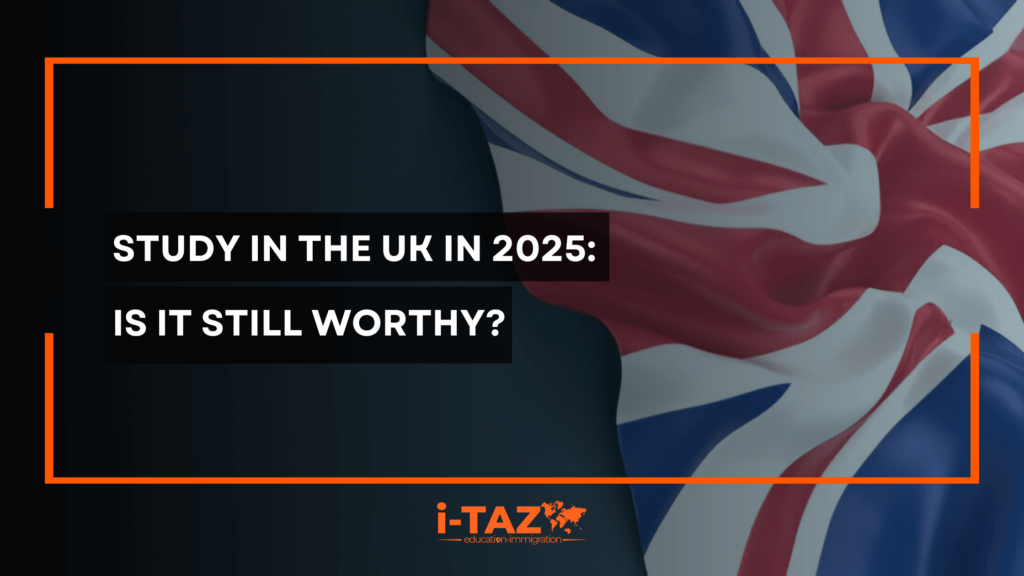Introduction
Studying abroad is a life-changing experience, and the UK remains one of the most sought-after destinations for international students. With its prestigious universities, diverse cultural environment, and strong career prospects, the UK offers immense opportunities for students aiming to enhance their academic and professional growth. However, deciding to study in the UK in 2025 requires careful consideration of factors such as visa requirements, financial planning, language proficiency, and post-study work options.
This guide explores the benefits of studying in the UK, the challenges Pakistani students may face, and practical solutions to ensure a smooth application process. Whether you’re concerned about IELTS scores, study gaps, or financial constraints, this article will provide the insights you need to make an informed decision about your future education.
Why Choose the UK for Higher Studies?
The UK is home to some of the world’s best universities, including Oxford, Cambridge, and Imperial College London. Here are key reasons why Pakistani students should consider study in the UK in 2025:
1. Globally Recognized Education
- Degrees from UK universities are highly valued worldwide.
- Flexible course structures allow students to specialize in their chosen fields.
- Cutting-edge research and innovation opportunities for students.
2. Post-Study Work Opportunities
- The Graduate Route allows international students to stay in the UK for up to two years after completing their degree.
- Students can explore job opportunities and gain work experience, making them more employable.
- Many universities have strong connections with top employers, increasing job prospects.
3. Scholarships and Financial Aid
- Many universities offer scholarships for Pakistani students.
- Government and private funding options help ease financial burdens.
- Merit-based and need-based scholarships are available.
4. Cultural Diversity
- The UK has a multicultural environment, making it easier for international students to adapt.
- Students from Pakistan can find strong community support.
- Exposure to different cultures enhances global networking opportunities.
5. Access to World-Class Facilities
- Advanced research labs and libraries are available.
- Universities offer career development services.
- Access to top-notch faculty and industry professionals.
Challenges Faced by Pakistani Students & Solutions
While study in the UK in 2025 is a great opportunity, Pakistani students often face challenges such as language barriers, visa complications, and financial issues. Here’s how to overcome them:
1. Low IELTS Bands & MOI (Medium of Instruction)
Many students struggle with IELTS, but some universities accept MOI (Medium of Instruction) letters as proof of English proficiency.
Solution:
- Apply to universities that accept MOI.
- Take pre-sessional English courses if required.
- Work with I-Taz Immigration to find the best options.
- Enroll in IELTS coaching classes to improve language skills.
2. Study Gaps
Some universities allow study gaps, but you need a strong justification for it.
Solution:
- Provide evidence of work experience or additional courses taken during the gap.
- Consult I-Taz Immigration to find universities that accept students with gaps.
- Prepare a well-structured personal statement explaining the study gap.
3. Financial Requirements & Visa Approval
The UK student visa process requires proof of financial stability, which can be a challenge for some students.
Solution:
- Apply for scholarships and financial aid.
- Open a UK-recognized bank account for financial proof.
- Let I-Taz Immigration guide you through the entire visa process.
- Consider part-time job opportunities in the UK to support expenses.
The UK Student Visa Process for Pakistani Students
Applying for a UK student visa can be overwhelming, but breaking it down into simple steps makes it easier:
Step 1: Choose Your University & Course
- Select a UK university that fits your academic and career goals.
- Receive a Confirmation of Acceptance for Studies (CAS) from the university.
- Research universities with high visa success rates.
Step 2: Prepare Financial Documents
- You must show proof of sufficient funds to cover tuition and living expenses.
- Understand the minimum bank balance required for a UK student visa.
- Get guidance from I-Taz Immigration on financial requirements.
Step 3: Meet English Language Requirements
- Take the IELTS exam or submit an MOI certificate if applicable.
- Some universities accept alternative language tests.
Step 4: Apply for a Student Visa
- Submit your application online and attend a biometric appointment.
- Ensure all documents are accurate and up to date.
- Seek expert consultation from I-Taz Immigration for a hassle-free application.
Step 5: Travel & Begin Your Studies
- Once approved, you can travel to the UK and begin your academic journey.
- Plan your accommodation.
- Understand UK student life and culture.
Career Opportunities After Graduation
Graduating from a UK university opens doors to numerous career opportunities. Here are some fields with high employability rates:
- Information Technology
- Business & Finance
- Healthcare & Medicine
- Engineering & Architecture
- Marketing & Communications
Pakistani students can leverage the UK’s post-study work visa to gain experience and eventually transition to permanent employment.
Why Choose I-Taz Immigration and Consultants?
At I-Taz Immigration, we specialize in helping Pakistani students secure UK student visas with a high success rate. Our expert team assists with:
- University Selection: Finding universities that match your qualifications and career goals.
- Visa Processing: Ensuring smooth documentation and compliance with UK visa requirements.
- Scholarship Assistance: Identifying funding opportunities to reduce financial burden.
- English Proficiency Support: Guidance on IELTS preparation and MOI acceptance.
- Career Counseling: Helping students choose the best career path after graduation.
Conclusion
Studying in the UK in 2025 is a worthwhile investment for Pakistani students looking for quality education, career growth, and a multicultural experience. While challenges like low IELTS scores, study gaps, and financial requirements exist, they can be overcome with the right guidance.


